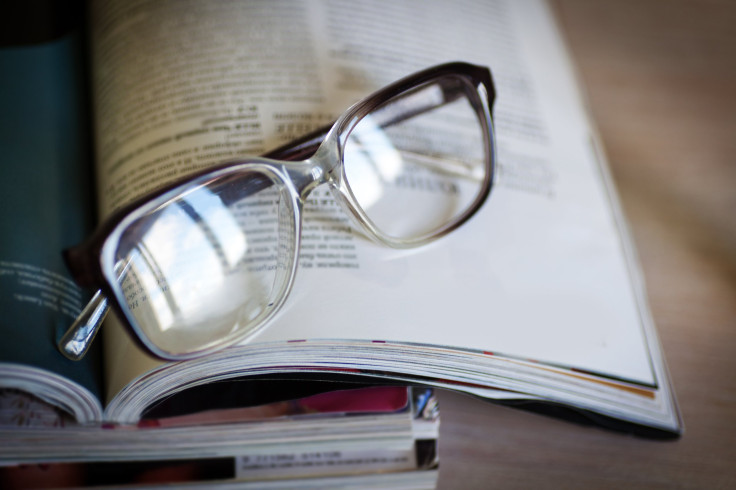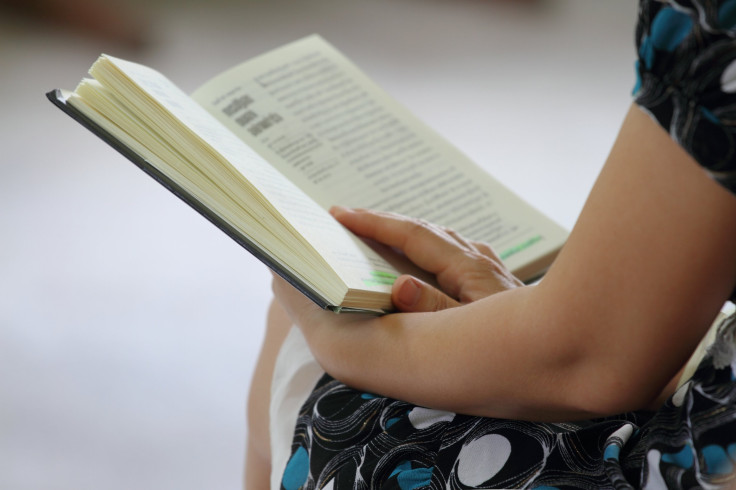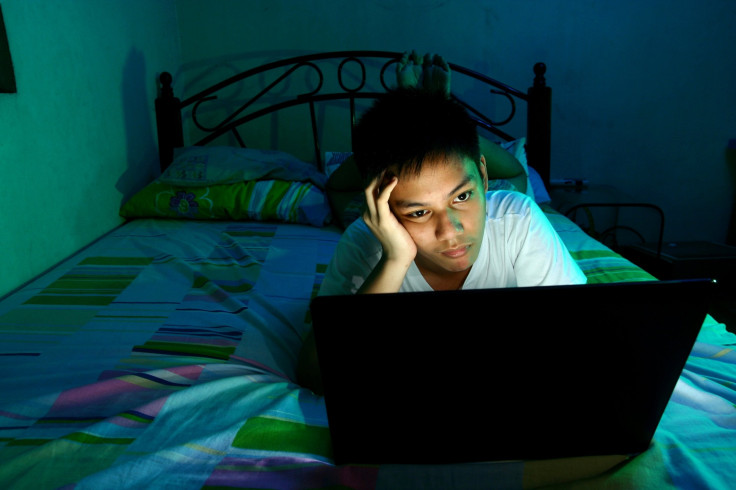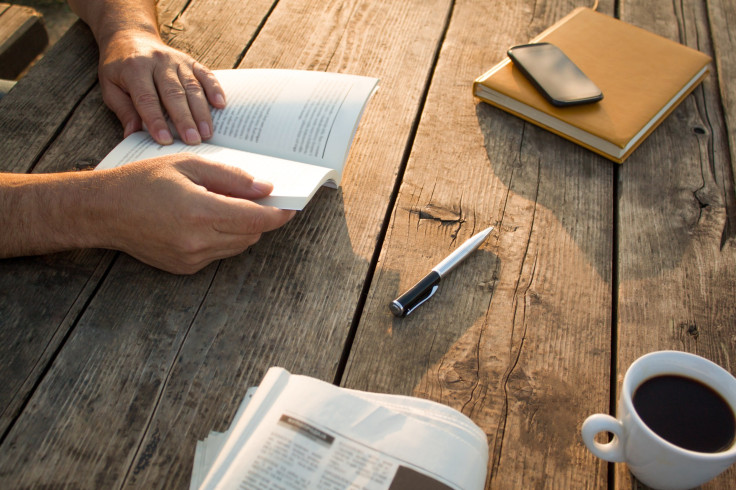E-Books Are Damaging Your Health: Why We Should All Start Reading Paper Books Again

Reading in and of itself has plenty of benefits for our minds: Studies have shown that reading over the course of a lifetime (or even starting to read consistently when you’re well into your 60s and 70s) can prevent mental decline. Along with keeping your mind sharp and enlarging your knowledge base, reading can expand your sense of empathy, too. A 2013 study found that when people were transported into the emotional travails of books' characters, they grew to become more empathetic in real life.
So the act of reading is great, of course. But the way you’re reading also has an impact on your physical and mental health. In our technology-driven world, the paper book has been replaced by electronic devices — Kindles and Nooks, and even reading on your laptop or smartphone. Good old-fashioned books are no longer seen as practical.
There’s something simple and special, however, about reading a classic paper book that e-books seem to lack. Recently, I was reading before bed while I drank a cup of chamomile tea, and I found that it not only relaxed me, but I fell asleep almost immediately, I slept soundly through the entire night, and I woke up feeling refreshed. I found myself pondering events and scenes in the book, the imagery glowing in my mind in place of my typically exhausting anxieties. I’m going to believe it wasn’t a coincidence: Putting aside my phone — which, in addition to texting, has access to the cyclical, distracting spirals of Facebook, Instagram, and Snapchat — and focusing on a tale that took me outside of myself, somehow, inexplicably, helped me feel better on many levels.

Researchers have been examining the differences between reading regular books and e-books for years. Many of the studies have shown that reading old-fashioned books has plenty of advantages over e-books, which can be gateways to other electronic distractions, all of which screw with your sleep. This is why you should ditch the screen for printed pages.
You're Missing Out On Important Information
A 2014 study found that readers who used Kindles were less competent in recalling the plot and events in the book than those who used paperbacks. Researchers still aren’t quite sure why this occurs, but it might have something to do with being able to physically and visually track your progress in a real book.
“In this study, we found that paper readers did report higher on measures having to do with empathy and transportation and immersion, and narrative coherence, than iPad readers,” said Anne Mangen of Stavanger University in Norway, an author of the study, according to The Guardian. “When you read on paper you can sense with your fingers a pile of pages on the left growing, and shrinking on the right. You have the tactile sense of progress, in addition to the visual. … Perhaps this somehow aids the reader, providing more fixity and solidity to the reader’s sense of unfolding and progress of the text, and hence the story.”
Digitization of text also means it’s likely to be more fragmented, full of disturbances and links that can lead you to anywhere on the Internet. Reading on an iPad with the ability to check Facebook provides an avenue to take “breaks” way too often. And in order to retain information, you need to read in long, undisturbed chunks of time.

E-Books Get In The Way Of Sleepytime
A recent study out of Harvard University found that reading an e-book before bed lessened the production of an important sleep hormone known as melatonin. As a result, people took much longer to fall asleep, experienced less deep sleep, and were more fatigued in the morning.
“The light emitted by most e-readers is shining directly into the eyes of the reader, whereas from a printed book or the original Kindle, the reader is only exposed to reflected light from the pages of the book,” Charles Czeisler, lead author of the study, told the BBC. “Sleep deficiency has been shown to increase the risk of cardiovascular disease, metabolic diseases like obesity and diabetes, and cancer. Thus, the melatonin suppression that we saw in this study among participants when they were reading from the light-emitting e-reader concerns us.”
In contrast, reading an old-fashioned book can actually help you sleep better. By taking your mind off the things that you may normally stress about before falling asleep, a book can clear your mind and also make you sleepy, easing you into a full night’s rest. In addition, soft light being reflected off the pages of a book doesn’t signal to your brain that it’s time to wake up like the glaring screen of an e-book or phone.

Screens = Stress
Reading helps you de-stress faster or just as fast as listening to music, taking a walk, or having a cup of tea or coffee, according to a 2009 study. When researchers measured heart rate and muscle tension, they found that people relaxed just six minutes into reading.
But reading on a device might cancel out this effect, and may even impact your stress levels negatively. Repeated use of mobile phones or laptops late at night has been linked to depression, higher levels of stress, and fatigue among young adults. Constant use of technology not only disrupts our sleeping patterns and throws off our circadian rhythms, but it fosters a shorter attention span and fractured focus — online, we jump from meme to meme and link to link, checking Facebook intermittently. Social media and technological distractions also always seem to foster guilt and regret, and before we know it, three hours have passed and our brains feel like mush.
It's hard to put my finger on what exactly draws me to paper books, and makes me avoid electronic ones. Perhaps it's the tangible qualites: Turning the pages of a book helps me mark my progress, and underlining prose that stands out to me makes reading a very intimate occasion. It could also be the science behind it: that regular books ease our minds into sleep. But it's likely that reading allows me to rely on a singular focus to transport me to a new world, leaving all my stresses and personal problems behind. I stop the selfish cycle of technology that centers around checking my Facebook or Instagram, or taking selfies, as I wait for my brain to get rewarded from notifications and likes. Real books allow me to step outside myself and enter someone else's world. The modern world, after all, can be tiring.
Reading an old-fashioned paper book might seem out of style, wasteful, or impractical. But don’t underestimate the simplicity of holding a physical book in your hands, flipping through the pages, and not having anything else to shift your focus to. Commit to the classic paper book and you'll get the full, healthier experience.



























